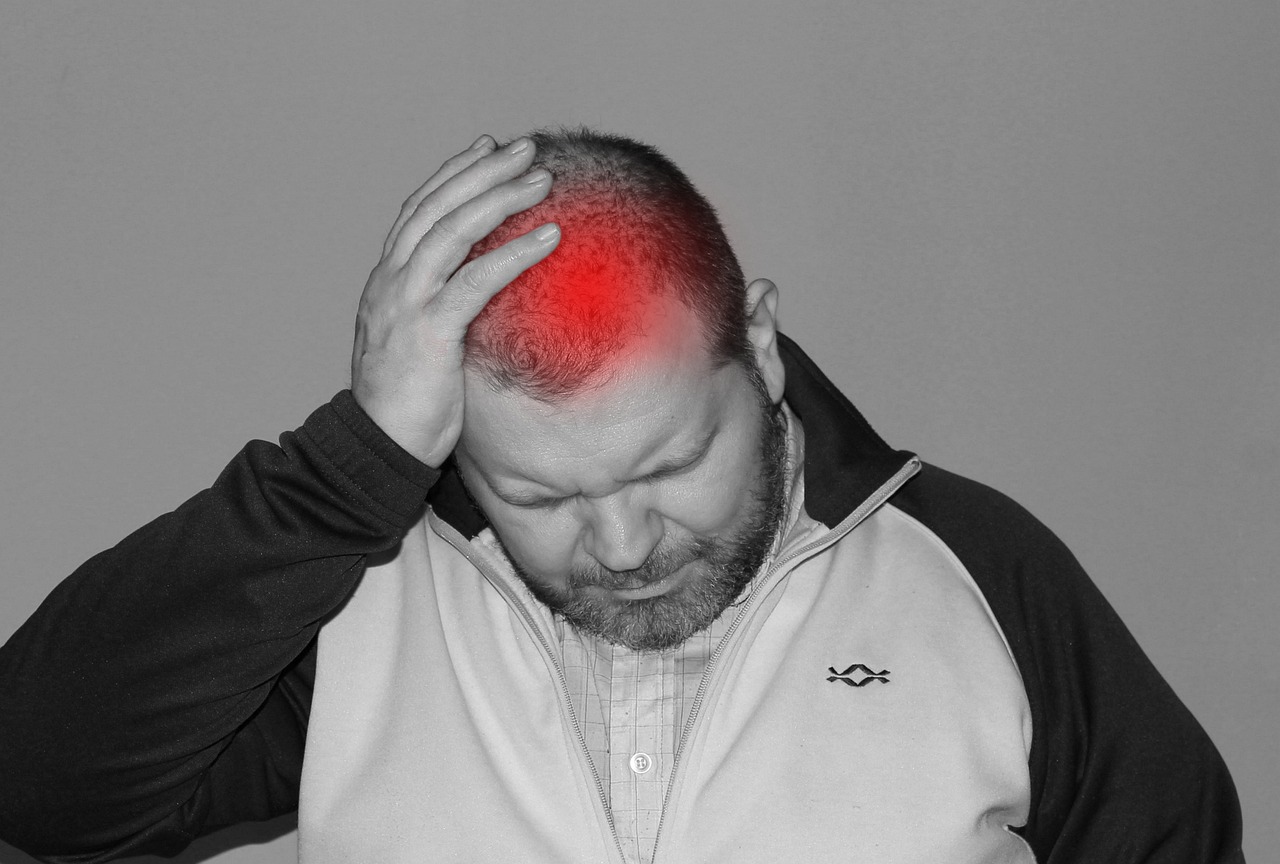News release
From:
Triptans more effective than newer, more expensive migraine drugs
The most effective triptans should be promoted globally and guidelines updated accordingly, say researchers
Some triptans are a more effective treatment for acute migraines than newer, more expensive drugs, finds an analysis of the latest evidence published by The BMJ today.
Triptans work by narrowing blood vessels in the brain and preventing the release of chemicals that cause pain and inflammation.
The findings show that four triptans - eletriptan, rizatriptan, sumatriptan, and zolmitriptan - were better at relieving migraine pain than the recently marketed and more expensive drugs lasmiditan, rimegepant, and ubrogepant, which were comparable to paracetamol and most anti-inflammatory painkillers (NSAIDs).
The researchers argue that triptans are currently widely underused, and say access to the most effective triptans should be promoted globally and international guidelines updated accordingly.
Migraine affects more than one billion people worldwide and is the leading cause of disability in girls and women aged 15 to 49 years. Numerous drugs are available, but there’s no clear consensus about which ones perform best.
To address this, researchers trawled scientific databases to identify randomised controlled trials published up to 24 June 2023 that compared licensed oral drugs for treatment of acute migraine in adults.
A total of 137 randomised controlled trials comprising 89,445 participants (average age 40, 86% women) allocated to one of 17 individual drugs or placebo were included. The trials were of varying quality, but the researchers were able to assess the certainty of evidence using a recognised tool.
The results show that all drugs were more effective than placebo at relieving pain after two hours and most were effective for sustained pain relief up to 24 hours, except paracetamol and naratriptan.
When drugs were compared with each other, eletriptan was the most effective drug for pain relief at two hours, followed by rizatriptan, sumatriptan, and zolmitriptan. For sustained pain relief up to 24 hours, the most effective drugs were eletriptan and ibuprofen.
The researchers point out that the best performing triptans should be considered the treatment of choice for migraine episodes and should be included into the WHO Model List of Essential Medicines to promote global accessibility and uniform standards of care.
They acknowledge that some people can’t take triptans due to heart problems or unpleasant side effects.
Nevertheless, they say these results, even if limited to average treatment effects due to the lack of individual patient data, “offer the best available evidence to guide the choice of acute oral drug interventions for migraine episodes” and “should be used to guide treatment choices, promoting shared, informed decision making between patients and clinicians.”
[Ends]



 International
International



